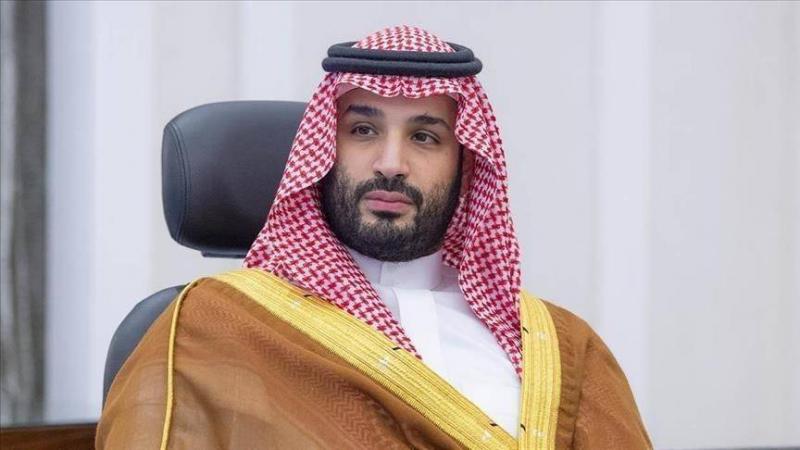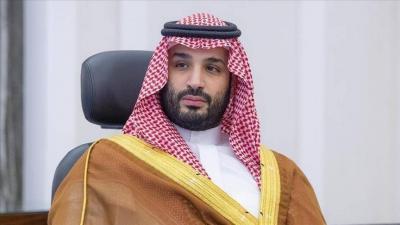Officials have stated that Saudi Crown Prince Mohammed bin Salman will join at least 12 heads of state and government who have been invited by Italian Prime Minister Giorgia Meloni to participate in the G7 summit next week. The unusually long guest list reflects Italy's desire to broaden the G7, which includes wealthy democratic nations such as the United States, Britain, Canada, France, Germany, Italy, Japan, and the European Union.
A senior official, who requested anonymity, stated, "The G7 gathers like-minded countries regarding fundamental principles and standards, but it is not closed like a fortress. It is open to the world."
Diplomats have already published a list of figures expected to attend the gathering from June 13 to June 15, including leaders from India, South Africa, Brazil, Argentina, Turkey, Algeria, Kenya, and Mauritania. All these countries have confirmed their attendance, meaning that the Indian Prime Minister will make his first trip abroad since winning elections this week; the same applies to Cyril Ramaphosa, who did not achieve a majority in this week's South African elections.
Highlighting concerns about the situation in the Middle East, officials confirmed on Friday that Crown Prince Mohammed bin Salman and Jordan's King Abdullah will participate in discussions at Borgo Egnazia, an exclusive resort in the Apulia region of southeastern Italy.
As in the previous year, Ukrainian President Volodymyr Zelensky will attend the G7 meeting to join a session on June 13 dedicated to his country's conflict with Russia. Other leaders will participate in talks on the following Friday, June 14.
Pope Francis will be the special guest as the first pope to attend a meeting of the wealthy nations' club. He is scheduled to be the keynote speaker in a session regarding the risks and opportunities posed by artificial intelligence.
Critics accuse the G7 of being an elite gathering and elitist. By attracting such a large number of guests, Italy hopes to enhance consensus on critical issues such as relations with China, while also drawing attention to problems in the Global South, particularly Africa.
Previous host nations have tended to send far fewer invitations; neither of the past two hosts, Germany and Britain, extended more than five invitations. The last time a host sent out more invitations than Meloni was in 2009 when former Italian Prime Minister Silvio Berlusconi invited 22 world leaders to participate.
In addition to the meeting on Friday about artificial intelligence, energy, Africa, and the Mediterranean—which all leaders are expected to attend—there will also be numerous opportunities for bilateral meetings.




